For The First Time, Researchers Have Found Evidence That Underwater Ecosystems Have Pollinators That
For the first time, researchers have found evidence that underwater ecosystems have pollinators that perform the same task as bees on land.
Just like their terrestrial cousins, grasses under the sea shed pollen to sexually reproduce. Until now, biologists assumed the marine plants relied on water alone to spread their genes far and wide. But the discovery of pollen-carrying ‘bees of the sea’ has changed all of that.
Over several years from 2009 to 2012, researchers from the National Autonomous University of Mexico filmed the spring nocturnal wanderings of crustaceans among beds of turtle seagrass, Thalassia testudinum.
Looking through the videos, they spotted more invertebrates visiting male pollen-bearing flowers than those that lacked pollen – just like bees hovering around pollen-producing plants on land.
“We saw all of these animals coming in, and then we saw some of them carrying pollen,” lead researcher Brigitta van Tussenbroek told New Scientist.
The concept was so new, they invented a new term to describe it: zoobenthophilous pollination. Before that, researchers had never predicted that animals were involved in pollinating marine plants.
Continue Reading.
More Posts from Patz30 and Others
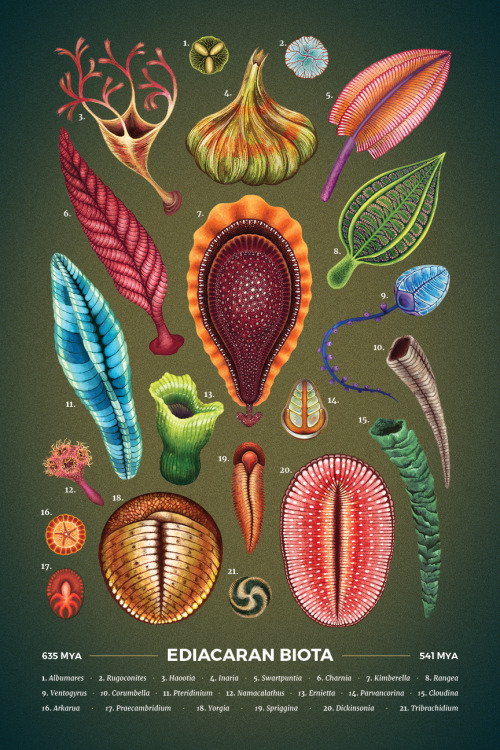
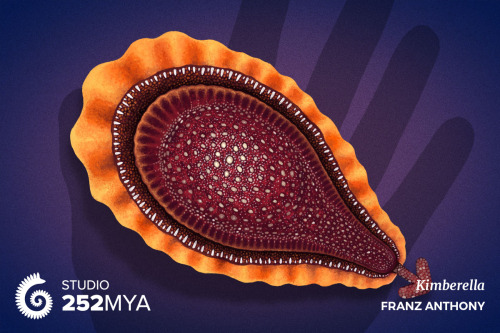
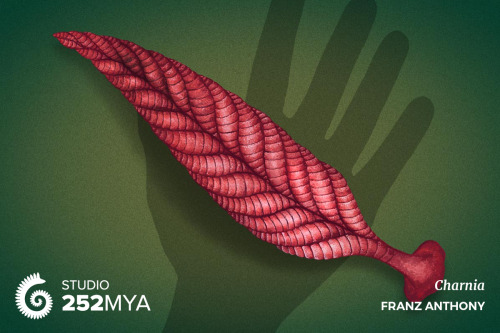
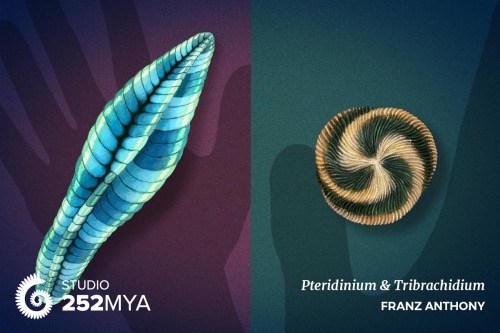
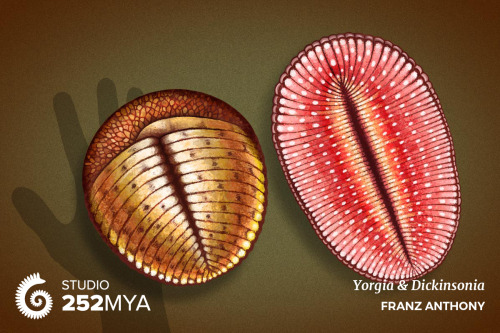
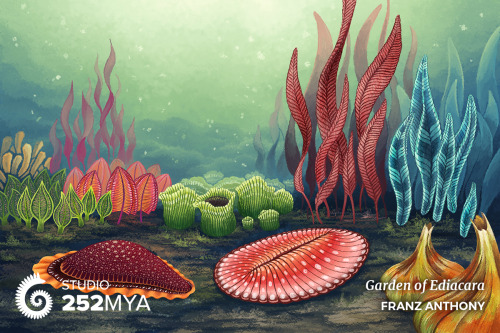
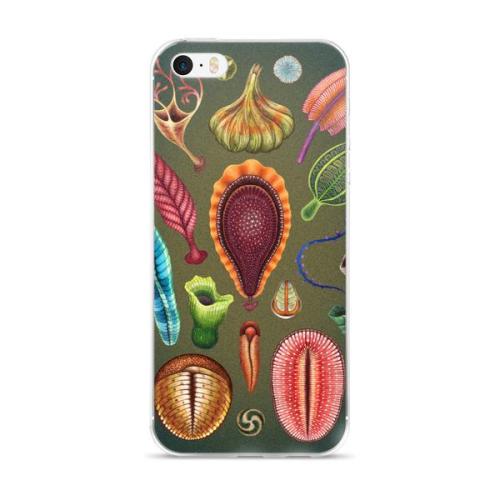
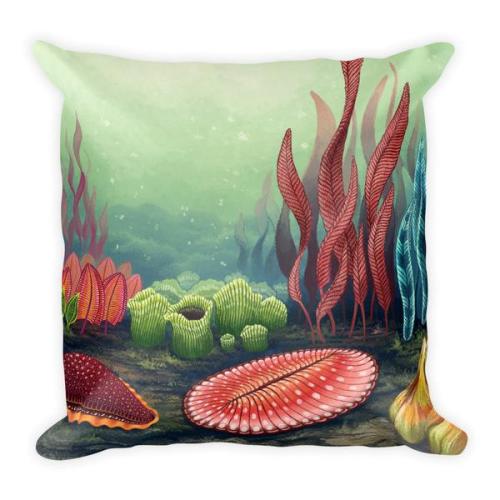
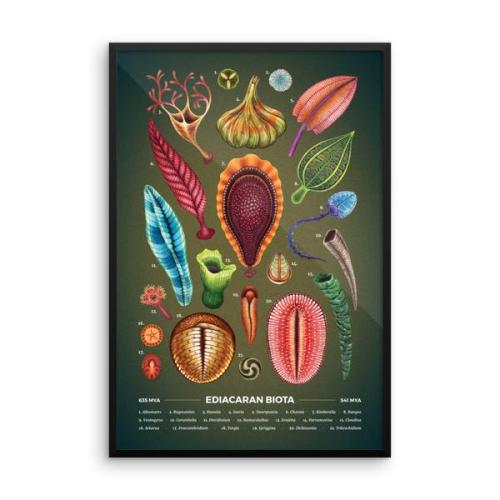
The secret Garden of Ediacara and the origin of complex life
Illustrated for an article on Earth Archives. Also available as posters, art prints, and other merchandises from 252MYA.
—
252MYA.com
Amazing!
Zebra finch parents tell eggs: It’s hot outside
By calling to their eggs, zebra finch parents may be helping their young prepare for a hotter world brought on by climate change.










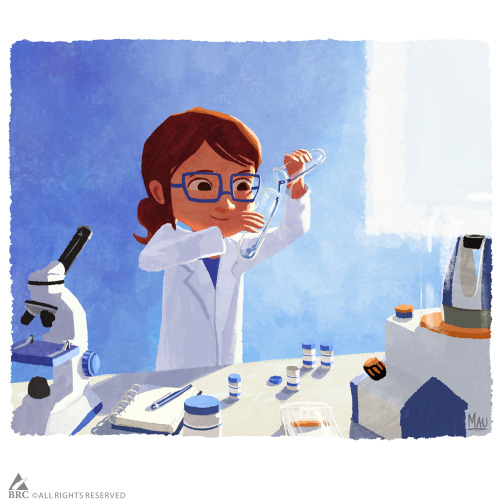
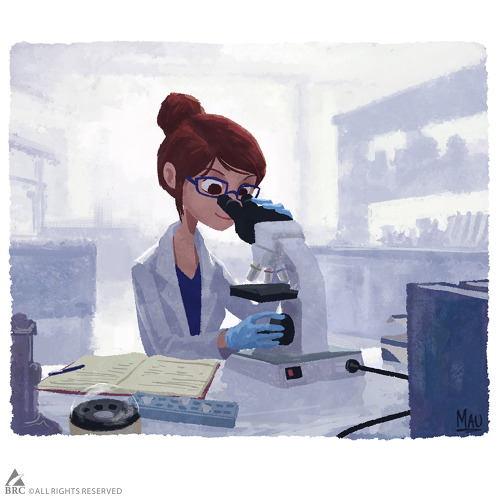
These are two illustrations I did for the “Alex and Sylvia” short I got to work on produced by BRC Imagination Arts for the Milan Expo 2015. They weren’t shown one after another like this but I always thought they’d make a great before and after when you cultivate a child’s curiosity in something they’re interested in.

Give thanks.

Though it’s only 2.8-4.3 inches wide, the terrestrial crab Johngarthia lagostoma is the largest native land animal on Ascension Island, one of four islands in the South Atlantic where it’s found. Since these crustaceans cannot swim, the method by which they arrived on an isolated island like Ascension remains unknown–though some speculate that smaller islands, now underwater, could have helped these crabs arrive at their current homes. Species introduced by Europeans in the 19th century, include mice, rats, and rabbits, now compete with these endemic land crabs.
On Ascension–a volcanic island–most of the crabs are yellow-orange, but some are dark purple, which may help them hide from predators. Their larvae are marine, and adults migrate to the water in the rainy season to release their offspring, with mating taking place along the way. During this time, as the crabs travel from their range in the mountains to the sea, they can cover roughly 1,480 ft per day.

via @crayonelyse (Twitter)

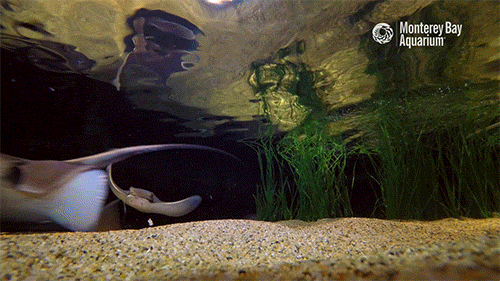
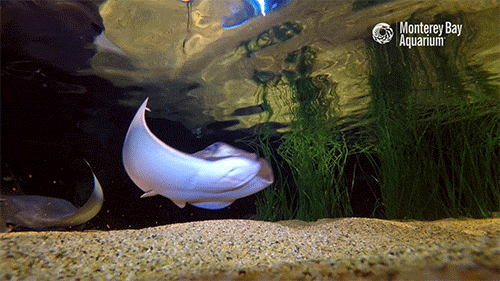
Happy Halloween! You’re not likely to spot a bat ray trick or treating unless you live in an estuary, bay or kelp forest—but if you do, remember that they prefer clams, crabs and small fishes.
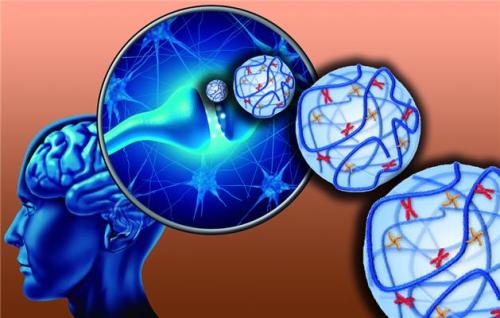
Regenerating brain tissue brings hope for a new treatment against Alzheimer’s and Parkinson’s
Working with animal models, Mexican researchers were able to cross the electroencephalic barrier, introduce a nanogel and achieve the growth of neurons within the gel, which shows that it is possible to promote regeneration of brain tissue.
After six years of research with materials engineering and bioengineering, the first nanogel for neuron growth is at the experimental stage and could be applied as a treatment for neurodegenerative diseases such as Alzheimer’s and Parkinson in addition to its use during brain scans, like nuclear magnetic resonance or CAT scans, to improve the visibility of the brain.
Dr. Victor Castaño, from the Centre of Applied Physics and Advanced Technology (CFATA) of the National University of Mexico (UNAM) explained that the nanogel is a biocompatible material, functional within the human body that when injected into the brain and through external excitation it allows the spontaneous growth of neurons.
“We wanted to improve and advance the generation of biomaterials for regenerating brain tissue. During the experiments we crossed the electroencephalic barrier that keeps the brain isolated from the body; by crossing it, we were allowed to introduce the nanogel and for it to act without harming the body. We watched how, within the gel, neurons began to grow; this wouldn’t have been possible in any other way.
"Also, with the help of laser tweezers we took two light phases and stimulated the neuron as if we were pulling it and putting it to exercise, this gave us favorable results in increased neuronal tissue,” explained Dr. Castaño, member of the Commission of Biomedical Specialty, from the Engineering Academy of Mexico (AIM).
After laboratory modeling and use of the right materials, the work team composed of researchers from the Institute of Neurobiology at UNAM and the University of Singapore created a small gelatin made with nanoparticles.
“The ability to offer alternatives to diseases that currently don’t have a cure and it being with Mexican technology has great impact and is of great value; however, we must work in a transdisciplinary way to allow scientific and technological advances,” concluded the Mexican researcher.
The Ministry of Health reports that in Mexico more than 500 thousand people suffer from Parkinson’s and 850 thousand from Alzheimer’s, both neurodegenerative diseases that damage brain nerves. (Agencia ID)
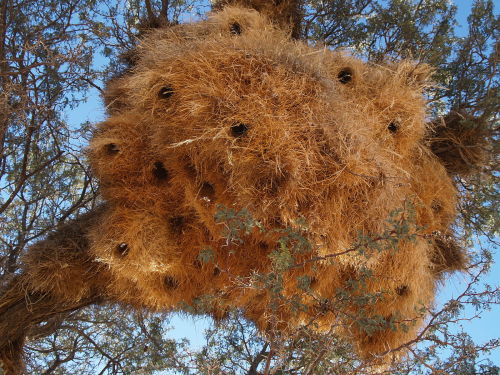
You’re looking at nature’s version of an apartment building! A single, immense nest of sociable weavers (Philetairus socius) may contain homes for 100 different families and 400 birds, providing safety in numbers. The immense nests look like haystacks hanging from trees; the birds enter from the bottom. These nests can be used for generations—one remained in use for 100 years. Photo: Rui Ornelas
-
 yourfreezing-hands liked this · 2 months ago
yourfreezing-hands liked this · 2 months ago -
 volleyonaha liked this · 2 months ago
volleyonaha liked this · 2 months ago -
 jpriest85-blog reblogged this · 2 months ago
jpriest85-blog reblogged this · 2 months ago -
 jpriest85-blog liked this · 2 months ago
jpriest85-blog liked this · 2 months ago -
 nonahnopenoway liked this · 2 months ago
nonahnopenoway liked this · 2 months ago -
 lumenux liked this · 2 months ago
lumenux liked this · 2 months ago -
 starrypawz reblogged this · 2 months ago
starrypawz reblogged this · 2 months ago -
 resumbrarum liked this · 2 months ago
resumbrarum liked this · 2 months ago -
 oolathurman reblogged this · 2 months ago
oolathurman reblogged this · 2 months ago -
 stealthsuitdeku liked this · 2 months ago
stealthsuitdeku liked this · 2 months ago -
 6ghassan liked this · 2 months ago
6ghassan liked this · 2 months ago -
 rainbowmoonbean reblogged this · 2 months ago
rainbowmoonbean reblogged this · 2 months ago -
 rainbowmoonbean liked this · 2 months ago
rainbowmoonbean liked this · 2 months ago -
 camille-the-space-ghost reblogged this · 2 months ago
camille-the-space-ghost reblogged this · 2 months ago -
 the-ugly-docling reblogged this · 2 months ago
the-ugly-docling reblogged this · 2 months ago -
 the-ugly-docling liked this · 2 months ago
the-ugly-docling liked this · 2 months ago -
 llovizn-a reblogged this · 2 months ago
llovizn-a reblogged this · 2 months ago -
 llovizn-a liked this · 2 months ago
llovizn-a liked this · 2 months ago -
 timidrose3791 liked this · 2 months ago
timidrose3791 liked this · 2 months ago -
 casualmouther liked this · 2 months ago
casualmouther liked this · 2 months ago -
 genlirema liked this · 2 months ago
genlirema liked this · 2 months ago -
 chronic-conjuring reblogged this · 2 months ago
chronic-conjuring reblogged this · 2 months ago -
 chronic-conjuring liked this · 2 months ago
chronic-conjuring liked this · 2 months ago -
 official-blue-team reblogged this · 2 months ago
official-blue-team reblogged this · 2 months ago -
 magnus-in-my-protocol liked this · 2 months ago
magnus-in-my-protocol liked this · 2 months ago -
 deathbutwithfuzzyanimals reblogged this · 2 months ago
deathbutwithfuzzyanimals reblogged this · 2 months ago -
 esli-esli reblogged this · 2 months ago
esli-esli reblogged this · 2 months ago -
 camille-the-space-ghost liked this · 2 months ago
camille-the-space-ghost liked this · 2 months ago -
 camille-the-space-ghost reblogged this · 2 months ago
camille-the-space-ghost reblogged this · 2 months ago -
 january-summers reblogged this · 2 months ago
january-summers reblogged this · 2 months ago -
 january-summers liked this · 2 months ago
january-summers liked this · 2 months ago -
 greyhushedwhisper reblogged this · 2 months ago
greyhushedwhisper reblogged this · 2 months ago -
 greyhushedwhisper liked this · 2 months ago
greyhushedwhisper liked this · 2 months ago -
 cozymodeonpoint reblogged this · 2 months ago
cozymodeonpoint reblogged this · 2 months ago -
 sorasan000 reblogged this · 2 months ago
sorasan000 reblogged this · 2 months ago -
 esli-esli liked this · 2 months ago
esli-esli liked this · 2 months ago -
 tigerstripedmushroom reblogged this · 2 months ago
tigerstripedmushroom reblogged this · 2 months ago -
 tigerstripedmushroom liked this · 2 months ago
tigerstripedmushroom liked this · 2 months ago -
 there-are-no-gods-here reblogged this · 2 months ago
there-are-no-gods-here reblogged this · 2 months ago -
 there-are-no-gods-here liked this · 2 months ago
there-are-no-gods-here liked this · 2 months ago -
 drwhogeek liked this · 2 months ago
drwhogeek liked this · 2 months ago -
 cutemuffin676 liked this · 2 months ago
cutemuffin676 liked this · 2 months ago -
 clockworkspider reblogged this · 2 months ago
clockworkspider reblogged this · 2 months ago -
 clockworkspider liked this · 2 months ago
clockworkspider liked this · 2 months ago -
 stierhai reblogged this · 2 months ago
stierhai reblogged this · 2 months ago -
 yuhhh-hh reblogged this · 2 months ago
yuhhh-hh reblogged this · 2 months ago -
 yourfreezing-hands reblogged this · 2 months ago
yourfreezing-hands reblogged this · 2 months ago -
 allesonfaye reblogged this · 2 months ago
allesonfaye reblogged this · 2 months ago -
 allesonfaye liked this · 2 months ago
allesonfaye liked this · 2 months ago
